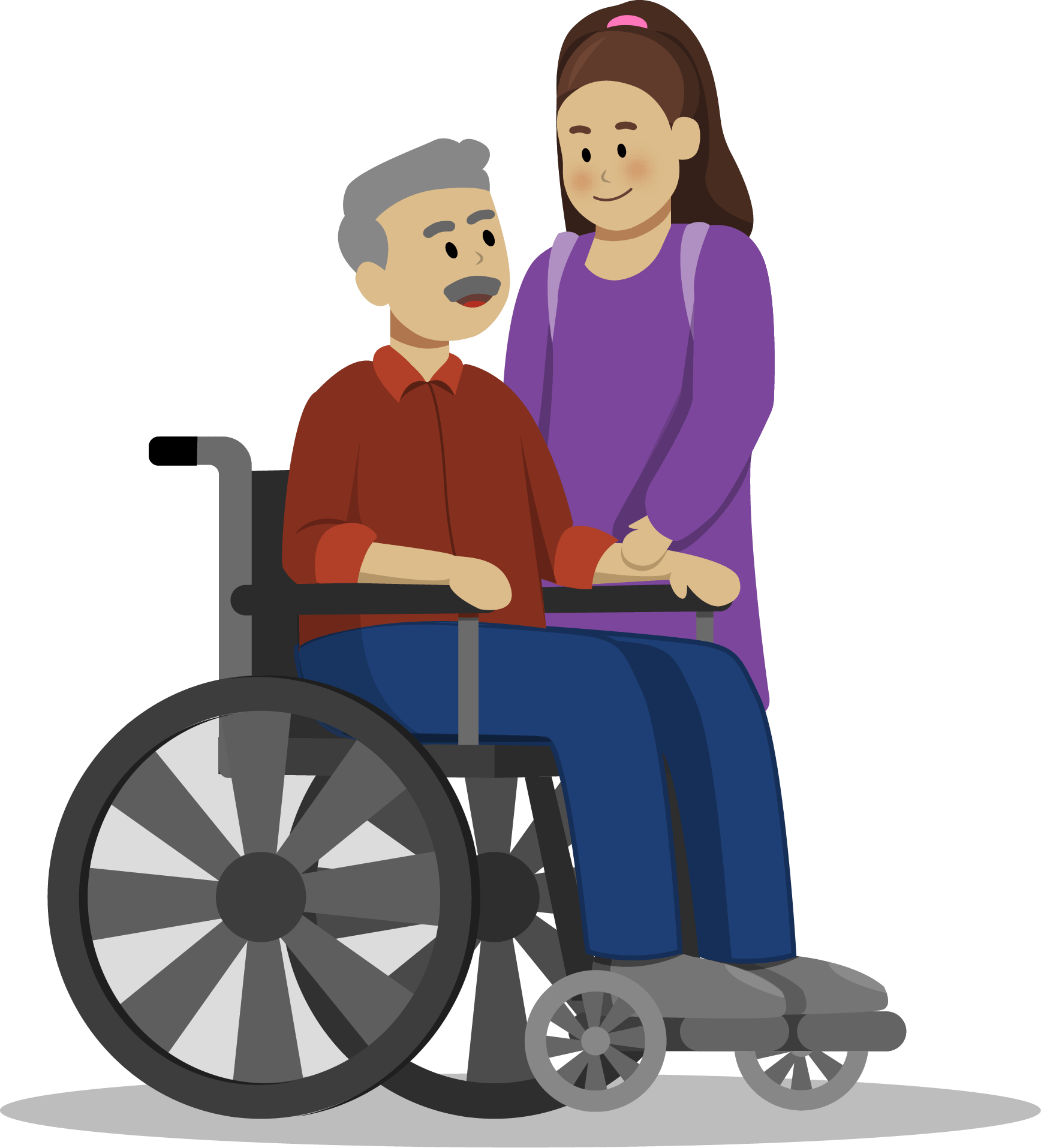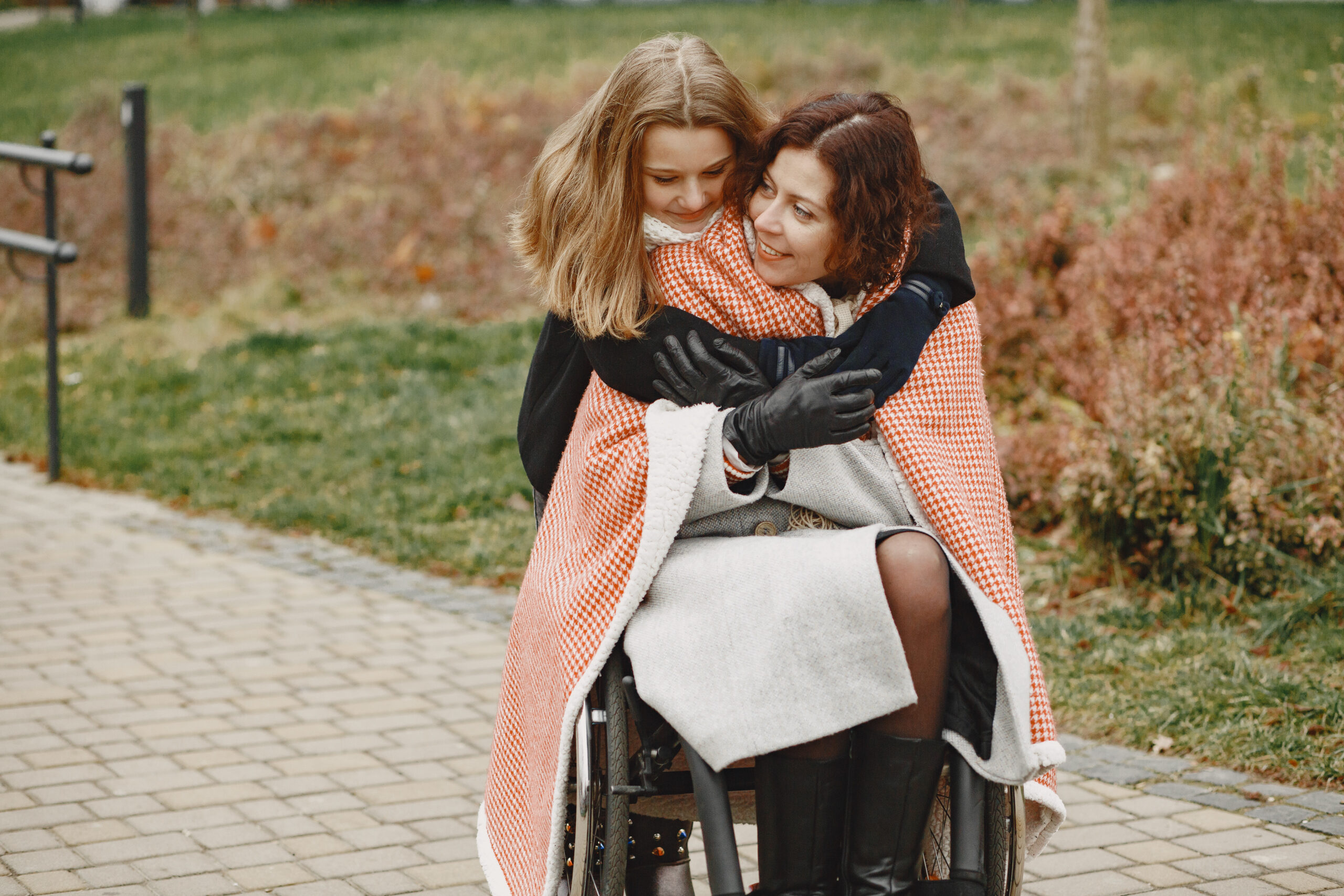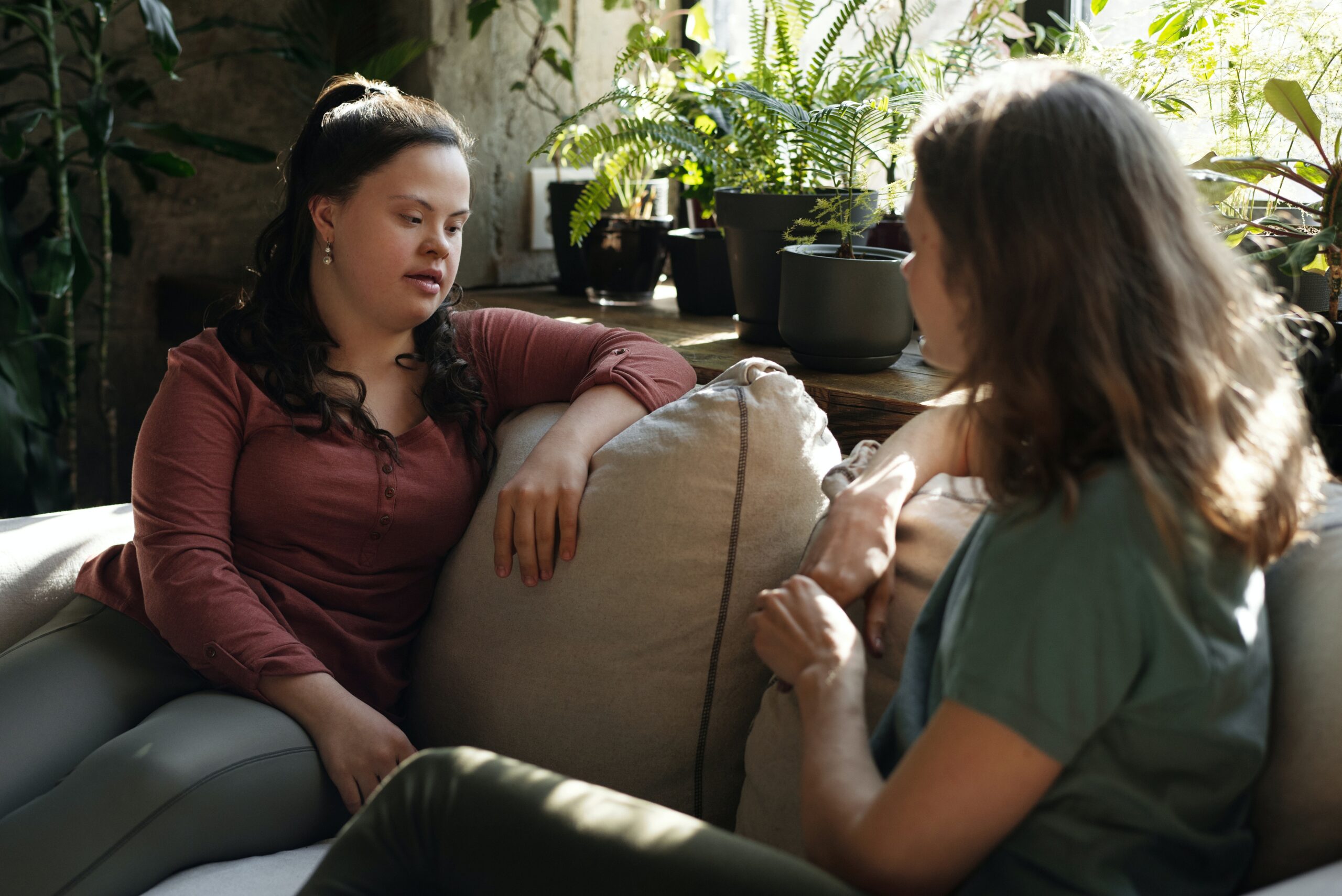Last Updated on 26th September 2023
The lifestyle of being a carer is often a lonely one and for young carers any isolation can be tough to cope with. In honour of Young Carers Action Day 2022, here’s our guide on how to spot, support and stand with the young carers in your communities.
What is a Young Carer?
Young carers are children and young people under 18 years old who provide unpaid care to a family member who is disabled, physically or mentally ill, or misuses substances.


Isolation and Being a Young Carer
Being an unpaid carer for a family member or relative can be a stressful and lonely position for anyone to be in. For a young person who is going through the emotional, mental, and physical changes that come with growing up, it is not surprising that many feel overwhelmed, stressed and suffer from anxiety or other mental health problems.
Being a young carer can be socially isolating. Due to the extra time constraints associated with providing care, there could be limitations on how much socialising they are able to participate in. Even if the young person has free time, they may be too physically or emotionally tired.
The isolation is not just about being unable to take part in activities with peers. Missing school, getting behind in schoolwork and/or getting ‘in trouble’ at school can all lead to young people feeling ostracised from the rest of their classmates.
It’s unfortunately still true that being in any way different can make a young person a target for bullying. A young carer who has a different routine from others, has different priorities and may even act more ‘grown-up’ than their peers could be a potential target for bullying. If a young carer is really struggling, there may also be aspects about their appearance that make them stand out, such as looking tired or personal hygiene issues.

Supporting A Young Carer
You can help by looking out for signs that a pupil or young person you know could be caring for someone and struggling to cope, such as:
Every young carer’s role as a care provider will be different and consist of different tasks and responsibilities. The level of support they already receive, the level of care they give and how much their own needs are already being met are just a few of the factors that will influence how much, and in what form they need support from others. However, here’s just some of the ways in which you can offer your support to a young carer:
There are many organisations throughout the UK which provide support for young carers. These services provide them with the chance to unwind and meet others in a similar position. They can learn more about the illness they’re caring for, and, critically, what other support is available for both them and their loved ones.
Join our Online Safeguarding Hub Newsletter Network
Members of our network receive weekly updates on the trends, risks and threats to children and young people online.














